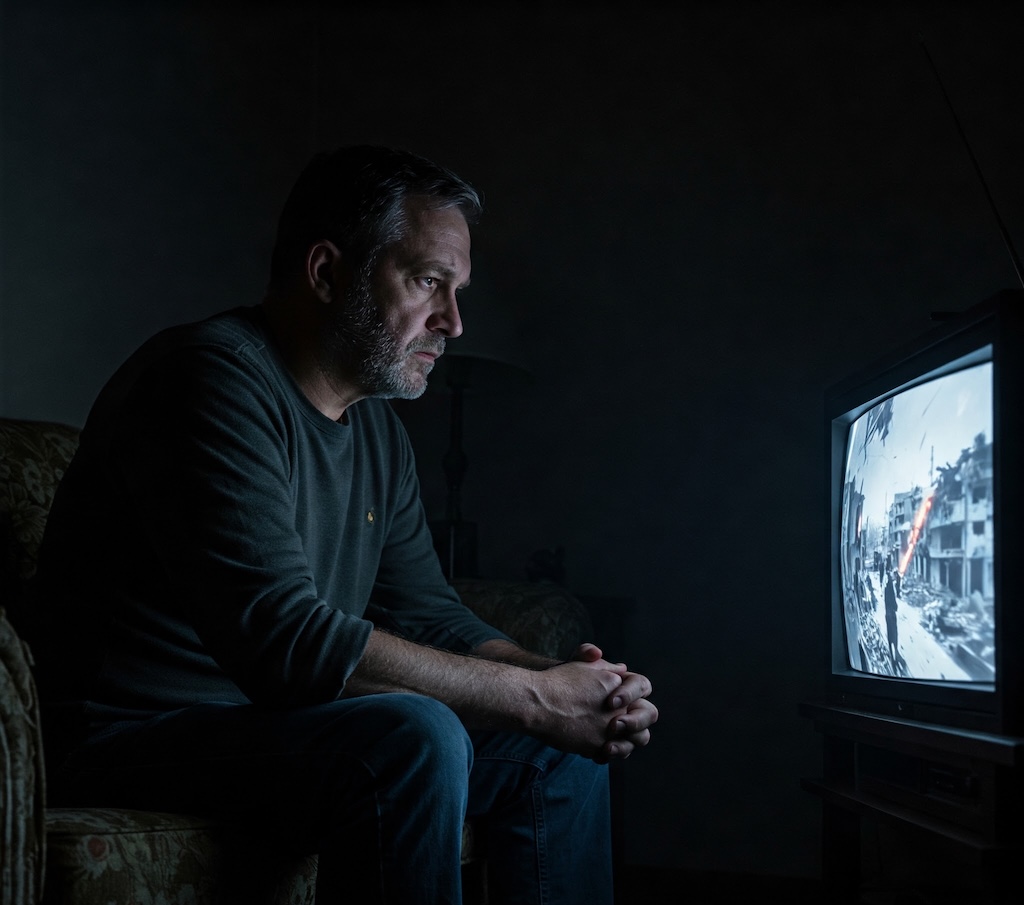
Finding Your Ground: Maintaining Mental Health in Times of War and Conflict
Finding Your Ground: Maintaining Mental Health in Times of War and Conflict
The world can feel like a turbulent place, and when war and conflict dominate the headlines, it's natural for anxiety, fear, and stress to rise. The constant influx of distressing news and the uncertainty of the future can take a significant toll on our mental well-being, even if we are not directly in a conflict zone.
It's crucial to remember that experiencing difficult emotions during such times is a normal human response to abnormal circumstances. However, proactively caring for your mental health is vital to navigate these challenges and build resilience.
Here are some simple yet effective strategies to help you stay mentally healthy amidst the storm of war and conflict:
-
Stay Informed, But Set Boundaries:
While it's important to be aware of what's happening, constant exposure to graphic images and upsetting news can be detrimental. Designate specific times during the day to check for updates from reliable sources. Be conscious of how the news is affecting you and don't hesitate to step away and take breaks. Avoid "doomscrolling" – the compulsive consumption of negative news – and recognize when you need to disconnect.
-
Prioritize Connection:
Connecting with loved ones is a powerful buffer against stress and isolation. Make an effort to reach out to trusted friends, family members, or community groups. Share your feelings, anxieties, and fears with them; talking can help you process these emotions and feel less alone. If possible, connect with others who may be going through similar experiences for mutual support.
-
Maintain Routine and Structure:
In times of chaos and uncertainty, maintaining a sense of normalcy can be incredibly grounding. Stick to your regular daily routines as much as possible, including work or household tasks, mealtimes, exercise schedules, and sleep patterns. This can provide a sense of stability and control in an unpredictable environment.
-
Practice Self-Care:
Actively focus on the basics of your well-being. Ensure you are getting adequate sleep, eating nutritious meals, and engaging in regular physical activity. Exercise is a significant stress reliever and can improve your mood and energy levels. Explore healthy coping mechanisms that resonate with you, such as mindfulness exercises, deep breathing techniques, meditation, or gentle yoga.
-
Engage in Meaningful Activities:
Even small moments of joy and distraction can make a significant difference to your mental state. Make time for hobbies and activities you find enjoyable and engaging, whether it's reading, listening to music, spending time in nature, gardening, or engaging in creative pursuits. These activities can provide a much-needed break from worry and help you feel more present and connected to yourself.
-
Limit Rumination and Catastrophizing:
It's easy to get caught in a cycle of repetitive negative thoughts and imagine worst-case scenarios. Try to become aware when this is happening and gently redirect your focus back to the present moment. Challenge unhelpful or extreme thoughts and try to reframe them in a more balanced perspective. Mindfulness techniques can be particularly helpful here.
-
Help Others (If You Can):
Engaging in acts of kindness, volunteering your time, or supporting humanitarian efforts related to the conflict can provide a sense of purpose and agency during times when you might feel helpless. Contributing in some way, however small, can help counteract feelings of powerlessness and connect you with a larger sense of community.
-
Seek Professional Support When Needed:
If you are struggling to cope with the overwhelming stress, anxiety, or grief, don't hesitate to reach out for professional help. Therapists, counselors, and mental health professionals are trained to provide support and guidance in navigating trauma, stress, and difficult emotions. Seeking support is a sign of strength and can provide you with valuable coping strategies.
Living through times of war and conflict is profoundly challenging, and it's essential to be compassionate with yourself. Allow yourself to feel a range of emotions and be patient with your own process. By implementing these strategies and prioritizing your mental health, you can build resilience and navigate these difficult times with greater strength and inner peace.
Last updated: 7 May 2025